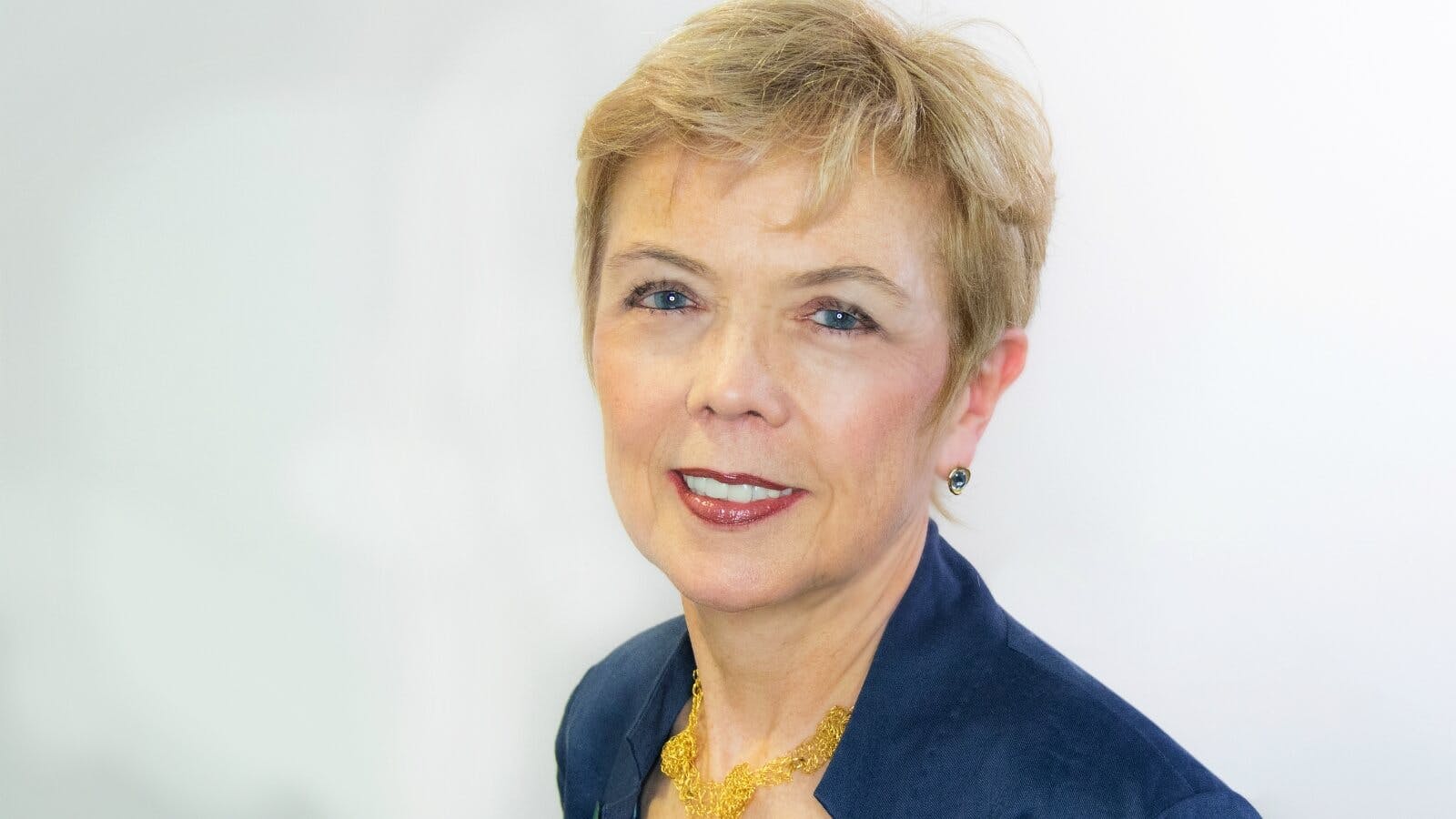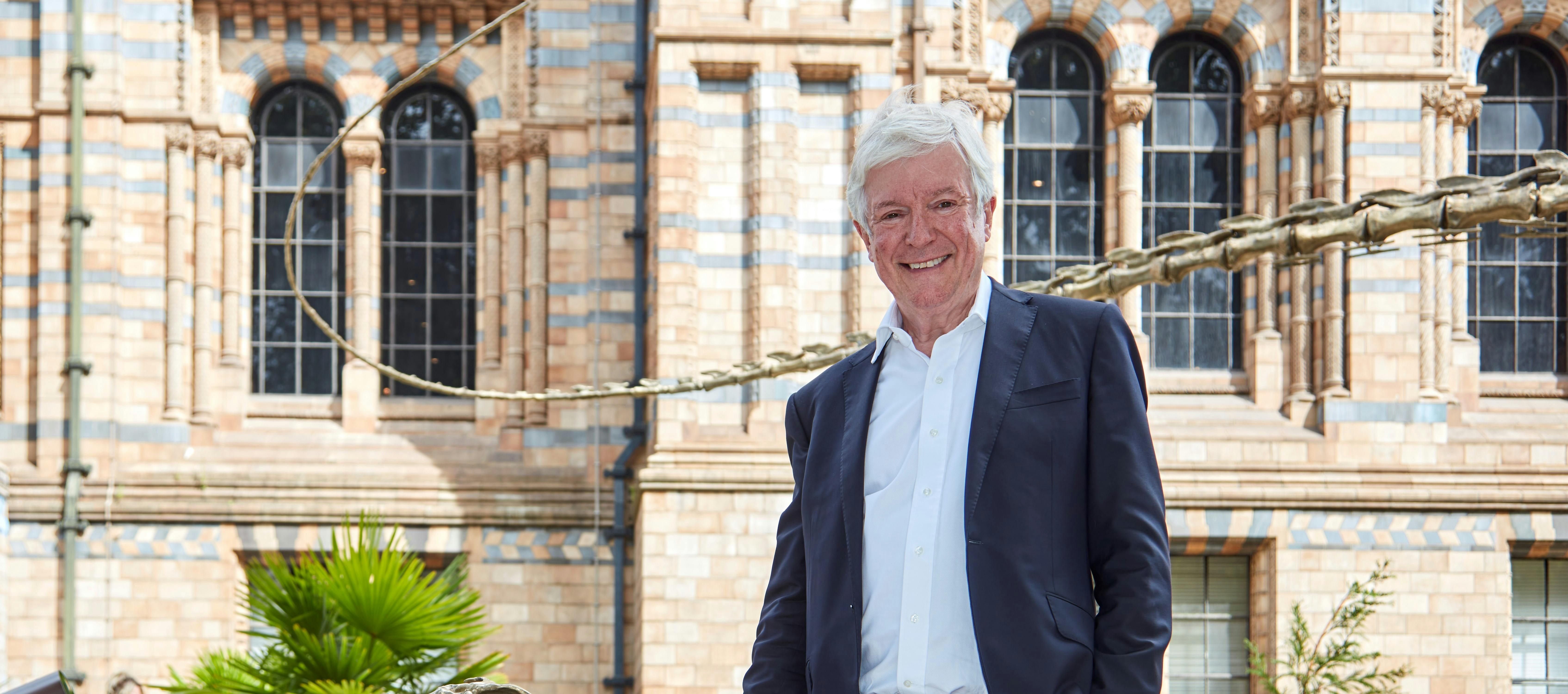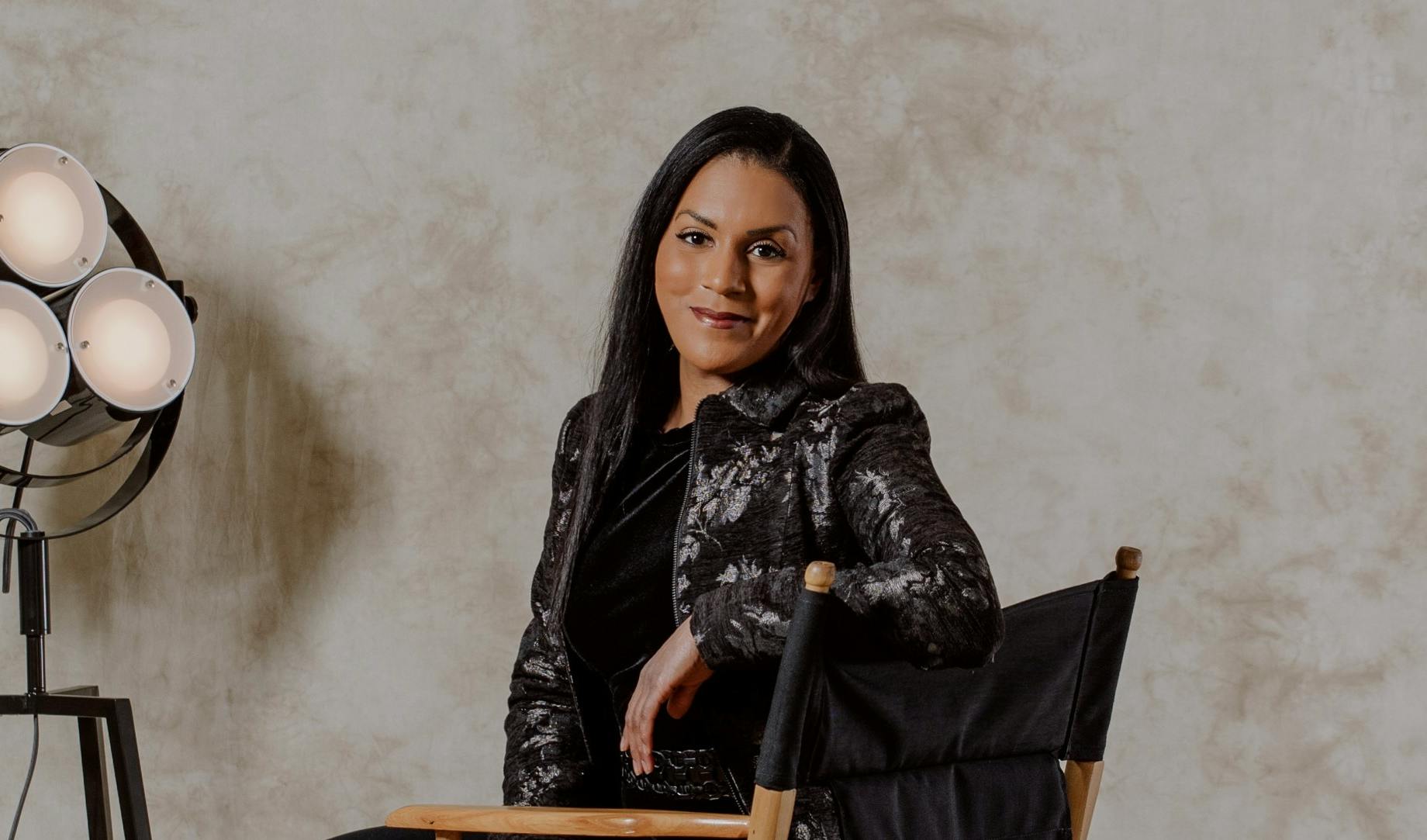
Dame Sue Owen gives her advice for recruiting top board roles in public bodies - and pursuing those roles too
The former Permanent Secretary at the Department for Digital, Culture, Media and Sport also reveals why she finds headhunters “disillusioning” and how a lack of cash can harm diversity in Government-recruited roles.
Dame Sue Owen was Permanent Secretary at the Department for Digital, Culture, Media and Sport (DCMS) until April 2019. Her career began as an academic economist at universities, including LSE and Cambridge, before moving roles at HM Treasury, then No. 10, before a spell in Washington DC as the Economic Counsellor at the British Embassy. She returned to these shores back at HM Treasury, as Director for the decision (not) to join the euro, and UK deputy on the EU Economic and Finance Committee. In 2006 she was appointed Director General of corporate performance at the Department of International Development, then Director General for Strategy at the Department of Work and Pensions three years later, before being promoted to Permanent Secretary at DCMS in 2013. Since leaving Government, Dame Sue has taken six months out - “it’s like quarantine,” she jokes - and now she begins a portfolio career, starting with the Nurole-appointed NED role at investment trust Pantheon International.
What kind of board hires were you involved in at DCMS?
A huge range - there are around 45 “arms length” bodies we recruited boards for, ranging from national museums and galleries to regulators like OFCOM, and the Gambling Commission, to Information Commissioner, the BBC board, the Arts Council, Heritage Lottery Fund, Historic England, and sports and tourism bodies. As the Government appoints the chair and all the trustees, usually over three or four year terms, every year we would run up to 100 appointments. Personally, I was mainly involved in Chair or Director-level roles of high-profile organisations such as the Tate galleries, Victoria & Albert Museum and BBC board.
What were the main challenges in recruiting board roles in public-sector bodies?
The money issue. Government appointments are mainly either unpaid, or not well paid. And that hit our ability to hire as diversely as possible. For the board of the Commonwealth Games, for example, you’d want to include a para-athlete, but those who are currently athletes in the para world usually haven’t got much funding; if the Government could pay even a small amount, you’d get a bigger field of people.
The other main issue was getting the right skills. Of course, you need all the usual board skills - experience, knowing the big issues, ability to manage risks, and that kind of thing - but very often for trustee roles you’d be trying to get a balance of skills, so for example at the V&A you might want a design expert or an architect if someone with those skills were leaving; at the Science Museum you’d want some scientists.
How have you found the shift from recruiting for boards, to pursuing roles yourself?
Not easy, despite my wide range of experience. Most of these Non-Executive roles are not advertised in the private sector, so although coming from a senior Government role you’ve got all the skills you’d need for a board - including experience managing giant, multi-billion pound budgets, handling risks and a lot of uncertainty, plus politics and accountability - typically private sector boards appoint through headhunters or very often through people knowing people, so it’s hard to get in, and not very transparent.
They like to have the same old people. I found the whole experience disillusioning: I’ve been to about 20 headhunters, about two thirds would say, ‘Wow, what a stellar CV, you’ve done so much - but we don’t get much of a fee for board roles, and the civil service doesn’t translate well in the private sector... So get in touch if you get a role and we’ll recommend you for others.’
Which brings us to Nurole...
Yes, it’s been very refreshing: with Nurole, you can see the roles that are actually out there; it’s transparent, there’s a proper process, with interviews, and the recruiting firms or bodies then end up looking at a far wider range of candidates. It’s like a breath of fresh air.
With hindsight, whilst in the depths of your executive Government career, how would you have prepared differently for a portfolio career later on?
It’s not so easy, as in government, you’re not allowed to take on private board roles in your area of expertise, plus senior roles don’t leave you with much spare time. Also, the fee would have to be paid back to the Department or given to charity. I did some pro bono things; I was on the board of a development charity, a trustee of a leadership organisation, and chaired the civil service charity. But for others in senior government roles considering a future board career, I’d recommend starting even earlier.
I do think people who’ve been in government have a lot to give to the commercial sector; they’re used to thinking through lots of scenarios, dealing with change, handling big budgets - and they’re always pretty clever people with a strong sense of duty.
It’s also a good thing in government when people come in from the private sector - it brings diversity, which isn’t just about gender, and ethnic minorities, it’s avoiding groupthink.
What is your advice to future PermSecs around the best practice for finding board members?
You want people who are interested in a role because they’re really keen on that organisation - so BBC applicants, for example, should have a strong feeling about why public service broadcasting is important, on top of all the normal board skills such as being a corporate, collegiate person, and being prepared to work outside of board meetings - not just turning up ten times a year.
And how about advice for those keen on securing a government or public body board role or trusteeship?
Keep looking at the public appointments website, and talk to civil servants in the Department about the process, and any upcoming opportunities.
What do you think are the most-valuable traits in a good board member?
Being prepared to challenge - whilst also being collaborative, meaning you’re happy to go along with decisions that are made even if it wasn’t your initial view. And, bringing your experience to mentor or to help the leadership of the organisation, not just being a disembodied, outside person who turns up to board meetings.
Did you spot any patterns emerging in what a great chair of a public body like a national museum, the BBC, the Olympics etc, would look like?
Some of my best chairs were really outgoing, and wanting to be an ambassador for their organisation. Those are the really great ones, not just the ones who are there for their ten-day-a-year job.
Now for some quick-fire Qs…
Favourite book?
Anything by Wiliam Boyd, eg Any Human Heart, Ordinary Thunderstorms.
Favourite quote?
“Madeleine Albright: ‘There's a special place in hell for women who don't help other women.’
Favourite holiday?
Adirondack mountains.
What do you do to have fun?
Grow basil and make pesto.
Favourite app?
WhatsApp.
When does your alarm go off and how many hours of sleep do you have on average?
6.30am and six-and-a-half hours.
Nurole is the global platform changing the way organisations bring the best people on to their boards. Find out how it works for talented people looking for the best board level positions, and for organisations looking to hire the best board level talent.





